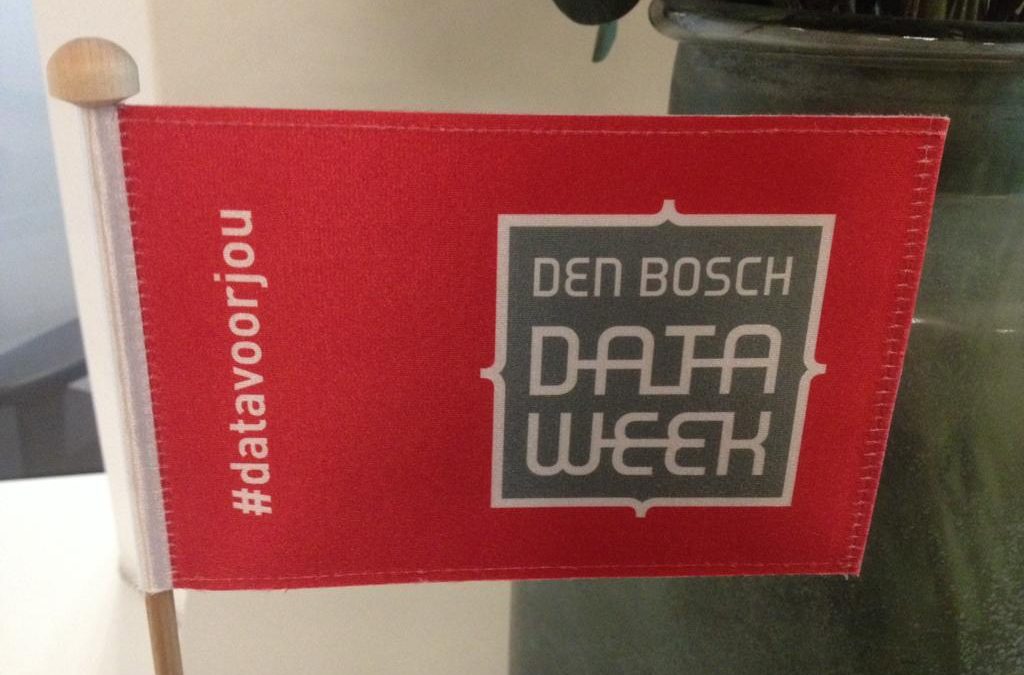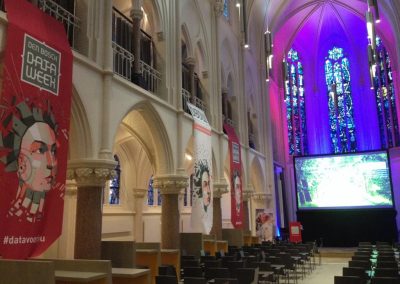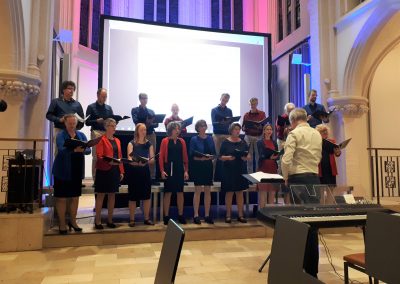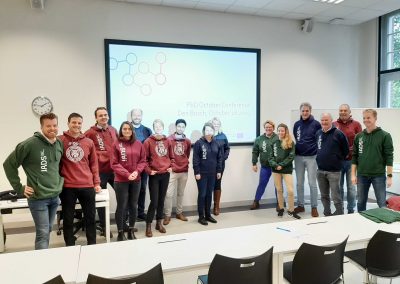How can small and medium-sized enterprises (SMEs) in rural areas of the North Sea region use both their own and external data to optimize processes and workflows and ultimately save time and money?
As part of the “Den Bosch Data Week” in the Netherlands, the 11 partners from six regions of the Interreg North Sea Region project “Futures by Design” addressed this issue. Together with the Swedish Alexandersoninstitutet, aconium is responsible for communication management in the project and is also working together with small and medium-sized enterprises (SMEs) in the Northwest German region. Among other things, Horizon Scanning and Knowledge Transfer Hubs (HSKT Hubs) are being set up as the first point of contact for SMEs to find out about current market developments, trends, new technologies and ways of using their own and external data. This should ultimately increase their innovative capacity and productivity.
In six project regions – Friesland (Netherlands), Groningen (Netherlands), Cambridgeshire (UK), Antwerp (Belgium), Halland (Sweden), as well as the district of Osterholz and surrounding districts in north-western Germany – small and medium-sized enterprises will be supported in analyzing data, identifying new solutions and implementing sustainable, innovative processes in their companies as part of the project. In addition to a physical HSKT hub in each project region, a virtual HSKT hub will serve as a transnational platform for knowledge transfer.
This year’s “Den Bosch Data Week” provided the ideal setting to discuss the progress of the “Futures by Design” project and how to proceed over the next two years. The project partners met at the premises of the Universiteit Jheronimus Academy of Data Science (JADS), which is developing the methods and tools for collaboration with SMEs as a project partner.
The project conference kicked off with testimonials from various companies from the Netherlands that have already had positive experiences working with JADS data experts in the past to make their companies fit for the future. In an online self-assessment, SMEs can first find out their level of knowledge regarding data use and then work together with students from the field of data science in small projects to work out how the SME can become more innovative and productive through data analysis and use. For example, a bakery business has already been able to optimize its inventory management and save costs by evaluating and intelligently using weather data.
On the second day, further practical examples were presented and the tools and the concept for “Futures by Design” were optimized together in the project partnership. To illustrate the availability and benefits of data in an entertaining way, the university had planned a special event for the evening. For “Singing with Data”, visitors’ Spotify accounts were “used” in advance – on a voluntary basis – and the user profiles analyzed. The results were used to develop a playlist specially tailored to the concertgoers. As JADS is located in a former church, the chapel provided the perfect setting for the data concert. The songs were performed alternately by a classical and a pop choir, while visitors had the opportunity to rate them live via smartphone using various criteria. The voting results were then analyzed, with the astonishing effect that the user data collected in advance was able to predict the result in many cases!
After the challenges faced by SMEs in the project regions have already been identified in “Futures by Design” over the past few months, the first results of the current pilot phase will be available in spring 2020. These will then be presented at another partner meeting in Cambridge.
Follow the project on the official Futures by Design website to keep up to date with the partners’ work!




